By harvesting water vapor from the air and condensing it into liquid, atmospheric water generators can essentially pull water from the air.
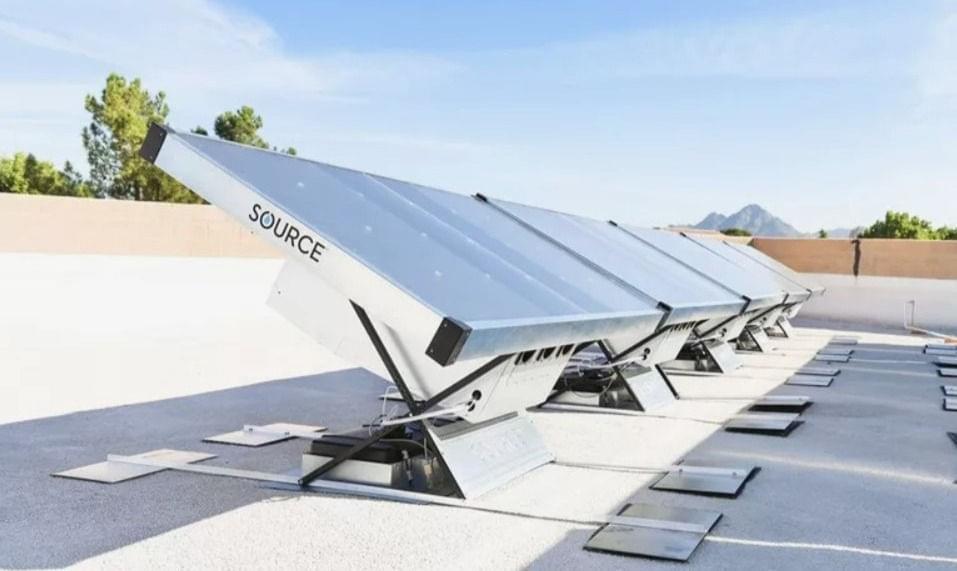


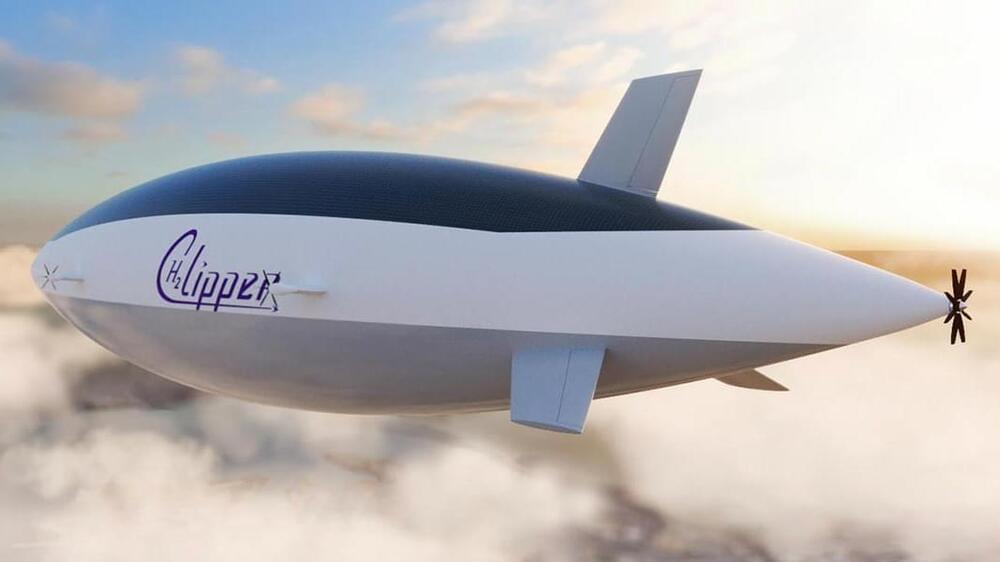
Airships might seem like a technology from a bygone era, but a startup says their new design could become a crucial cog in the green hydrogen supply chain.
While transitioning away from fossil fuels will prove crucial in our efforts to combat climate change, it’s easier said than done for some industries. While road and rail transport are rapidly electrifying, in aviation, batteries are a long way from being able to provide the weight-to-power ratio required for aviation. And even the largest batteries are still not big enough to power a container ship on long-distance crossings.
Hydrogen is increasingly being seen as a promising alternative for these hard to decarbonize sectors. It has a higher energy density than natural gas and can either be burned in internal combustion engines or combined with oxygen in a fuel cell to create electricity.
Whether you live in an apartment downtown or in a detached house in the suburbs, if your mailbox is not built into your home you’ll have to go outside to see if anything’s there. But how do you prevent that dreadful feeling of disappointment when you find your mailbox empty? Well, we’re living in 2022, so today your mailbox is just another Thing to connect to the Internet of Things. And that’s exactly what [fhuable] did when he made a solar powered IoT mailbox.
The basic idea was to equip a mailbox with a camera and have it send over pictures of its contents. An ESP32-Cam module could do just that: with a 1,600 × 1,200 camera sensor, a 160 MHz CPU and an integrated WiFi adapter, [fhuable] just needed to write an Arduino sketch to have it take a picture every few hours and upload it to an FTP server.
But since running a long cable all the way from the house was not an attractive option, the whole module had to be completely wireless. [fhuable] decided to power it using a single 18,650 lithium ion cell, which gets topped up continuously thanks to a 1.5 W solar panel mounted on the roof of the mailbox. The other parts are housed in a 3D-printed enclosure that’s completely sealed to keep out moisture.
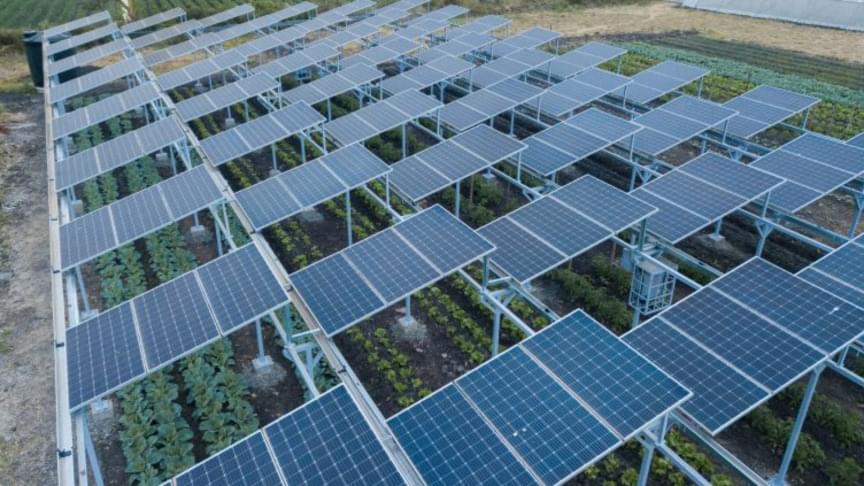
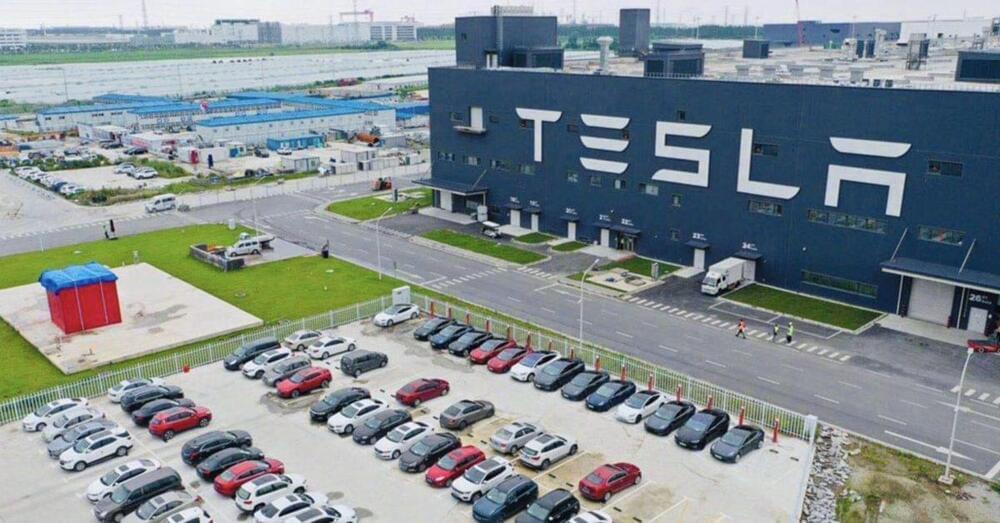
A new report claims that Tesla is starting work on building a new factory adjacent to Gigafactory Shanghai in order to double production capacity to two million cars annually.
Tesla currently operates two main factories, Tesla Fremont and Gigafactory Shanghai, and it has Gigafactory Texas and Gigafactory Berlin slowly starting to ramp up production.
Those four projects alone should push Tesla’s production capacity beyond three million vehicles annually by the end of next year, but the automaker has much greater ambitions for this decade that will require several more factories. The company recently confirmed that it plans to announce a new location for a factory by the end of this year.
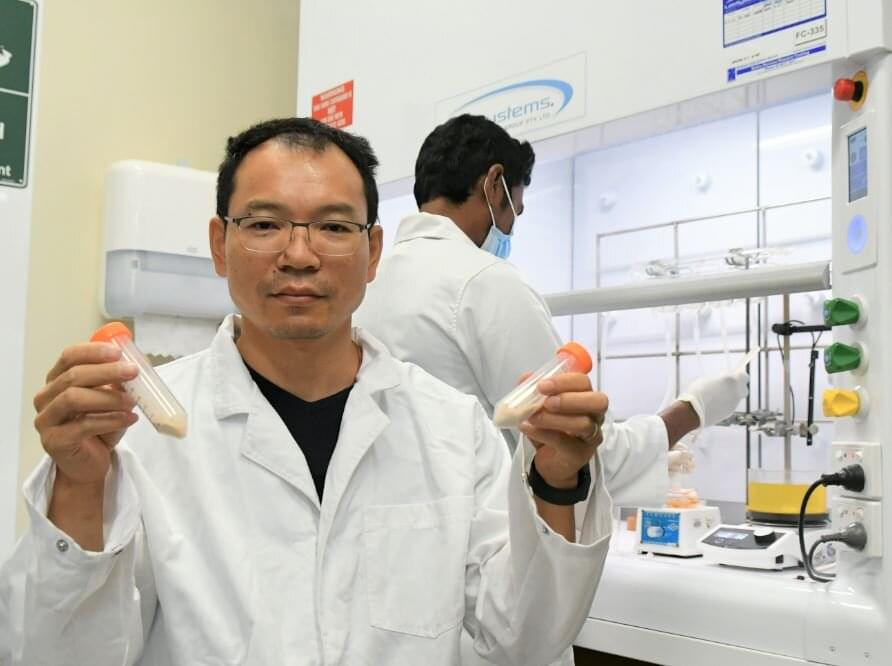
Fully organic rechargeable household batteries are an ideal alternative to traditional metal-based batteries, in particular for reducing pollution to landfill and the environment.
Now researchers at Flinders University, with Australian and Chinese collaborators, are developing an all-organic polymer battery that can deliver a cell voltage of 2.8V—a big leap in improving the energy storage capability of organic batteries.
“While starting with small household batteries, we already know organic redox-active materials are typical electroactive alternatives due to their inherently safe, lightweight and structure-tunable features and, most importantly, their sustainable and environmentally friendly,” says senior lecturer in chemistry Dr. Zhongfan Jia, a research leader at Flinders University’s Institute for Nanoscale Science and Technology.
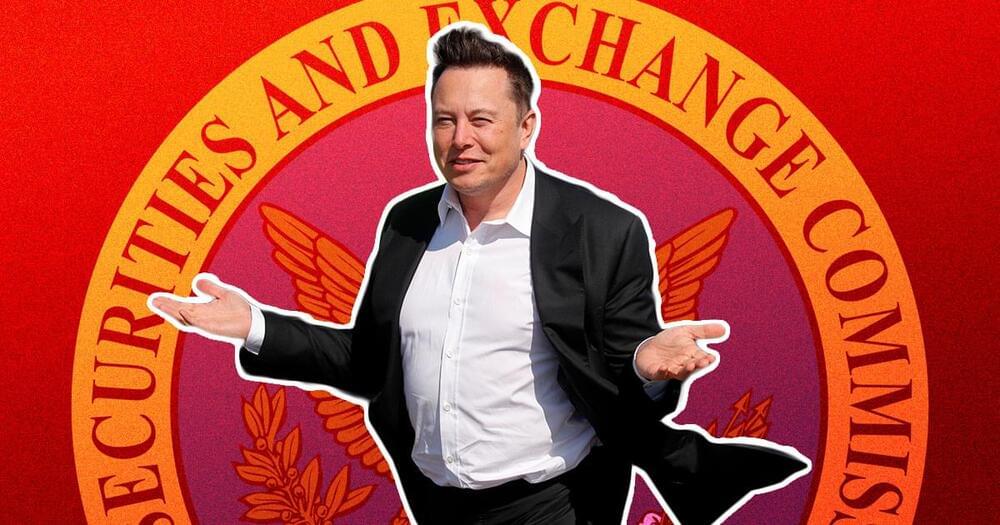
Elon Musk’s back at it again, folks — and this time, his attorney is accusing the federal government of leaking.
Following up on his claim that the Securities and Exchange Commission was trying to harass him into silence, Musk’s attorney accused the commission of “leaking certain information” in an ongoing retaliation campaign against the Tesla and SpaceX CEO.
This alleged campaign supposedly began back in 2018, when the SEC investigated Musk for tweeting about selling Tesla stock at $420 a share and taking the company private, eventually charging him with misleading investors. Though that case was settled in 2018 after Musk and Tesla paid $20 million each in fines, new reporting about the commission subpoenaing the CEO in recent months has reignited the debacle.

Imagine a field of wheat that extends to the horizon, being grown for flour that will be made into bread to feed cities’ worth of people. Imagine that all authority for tilling, planting, fertilizing, monitoring and harvesting this field has been delegated to artificial intelligence: algorithms that control drip-irrigation systems, self-driving tractors and combine harvesters, clever enough to respond to the weather and the exact needs of the crop. Then imagine a hacker messes things up.
A new risk analysis, published today in the journal Nature Machine Intelligence, warns that the future use of artificial intelligence in agriculture comes with substantial potential risks for farms, farmers and food security that are poorly understood and under-appreciated.
“The idea of intelligent machines running farms is not science fiction. Large companies are already pioneering the next generation of autonomous ag-bots and decision support systems that will replace humans in the field,” said Dr. Asaf Tzachor in the University of Cambridge’s Center for the Study of Existential Risk (CSER), first author of the paper.
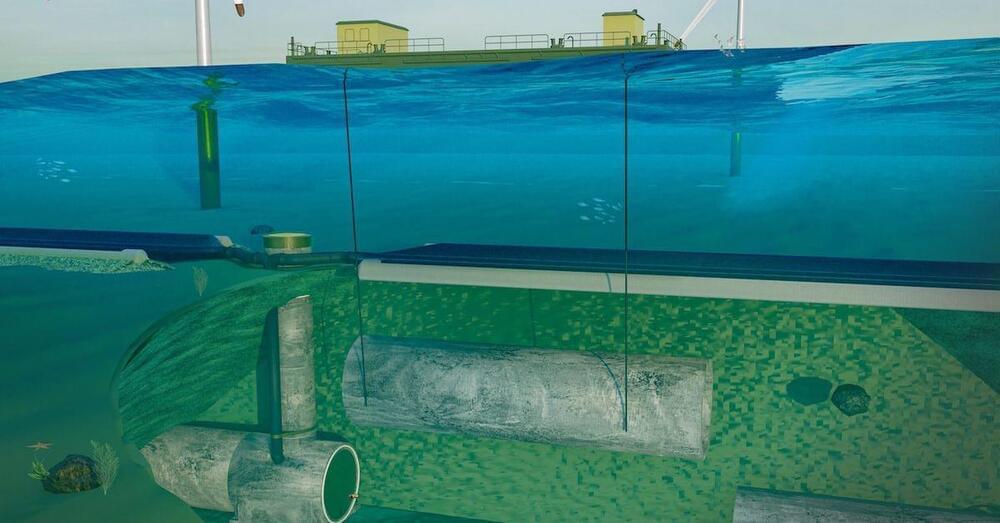
“Ocean Battery resolves a societal challenge to provide access to renewable power generation without destabilizing the power grid and meet our climate goals. The Dutch Water engineers resolved this problem in a brilliant yet simple way with a tremendous amount of creativity, innovation power and Dutch entrepreneurship,” the press release continues.
Keep reading for more on this exciting new piece of technology, that could be revolutionary for the transition to cleaner means of energy.